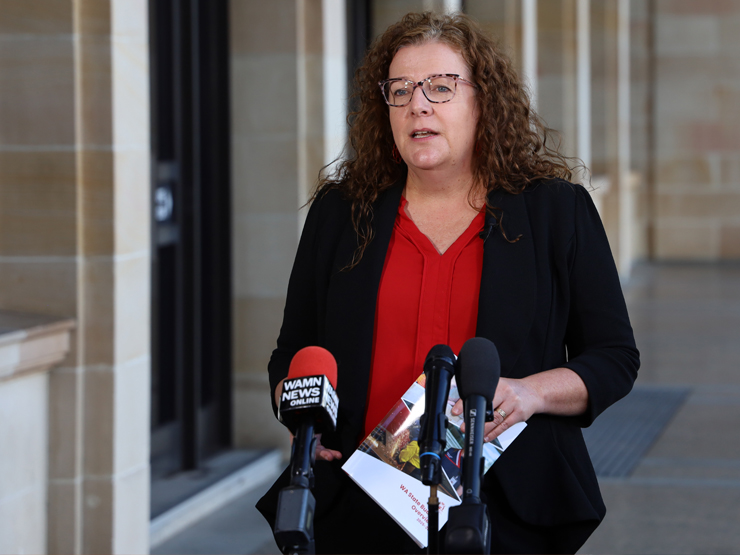The 2025-26 State Budget was delivered by Premier Roger Cook and Treasurer Rita Saffioti on 19 June, and while there were no surprises, there were certainly a few missed opportunities.
The Cook Labor government allocated more than $3 billion to deliver on their 2025 election commitments, but housing and cost-of-living measures that dominated the election cycle have since taken a backseat in this year’s Budget, with economic infrastructure being a key focus.
Infrastructure investment (including water, power, and ports) will total $38 billion over the next four years to secure WA’s economic future. Anglicare WA believes that WA’s economic future is getting the attention and investment it deserves, however Anglicare WA acting CEO Philippa Boldy stated, “we’re left wondering where the social infrastructure emphasis really is.”
We welcome initiatives such as the expansion of HUGS to social housing tenants' water bills, extension of the WA Rent Relief Program to December, free public transport for school students, the school breakfast programs, and access to full-time kindergarten.
However, many people will feel the impact of the $400 electricity credit removal, especially those who are doing it tough. And the $337 million WA Residential Battery Scheme was a missed opportunity to provide targeted cost-of-living relief for those who need it most.
The Scheme offers rebates and no-interest loans to households to install solar batteries to reduce energy bills, however most low-income households, and people renting and living in social housing, are unlikely to qualify for the Scheme and benefit from any savings.
As Energy Minister Amber Jade Sanderson stated a few days before the Budget, “Cost of living measures should be targeted to support people who are doing it tough.” We agree, and that is why the removal of the electricity credit and the addition of the Residential Battery Scheme as a cost-of-living measure is disappointing.
More so than targeted support, what we need is a targeted social infrastructure strategy to enable West Australians to thrive, not just survive. This means we need to strengthen the foundations of our support systems so that people can receive the immediate help they need, stabilise, and move towards a good life for themselves and their family.
Budgets are about choices and priorities by governments. With targeted support to help people stabilise, and a commitment to long-term reform of the systems and structures that hold people back, we can build the foundations of a permanent social infrastructure that will ensure we are investing in bringing every West Australian towards a brighter future. Such a strategy requires a budget with more bravery and a shared vision for the future.
See what we were hoping for in the lead-up to the budget here.
See our reaction to the budget here.
Learn about our advocacy priorities for a good life.






